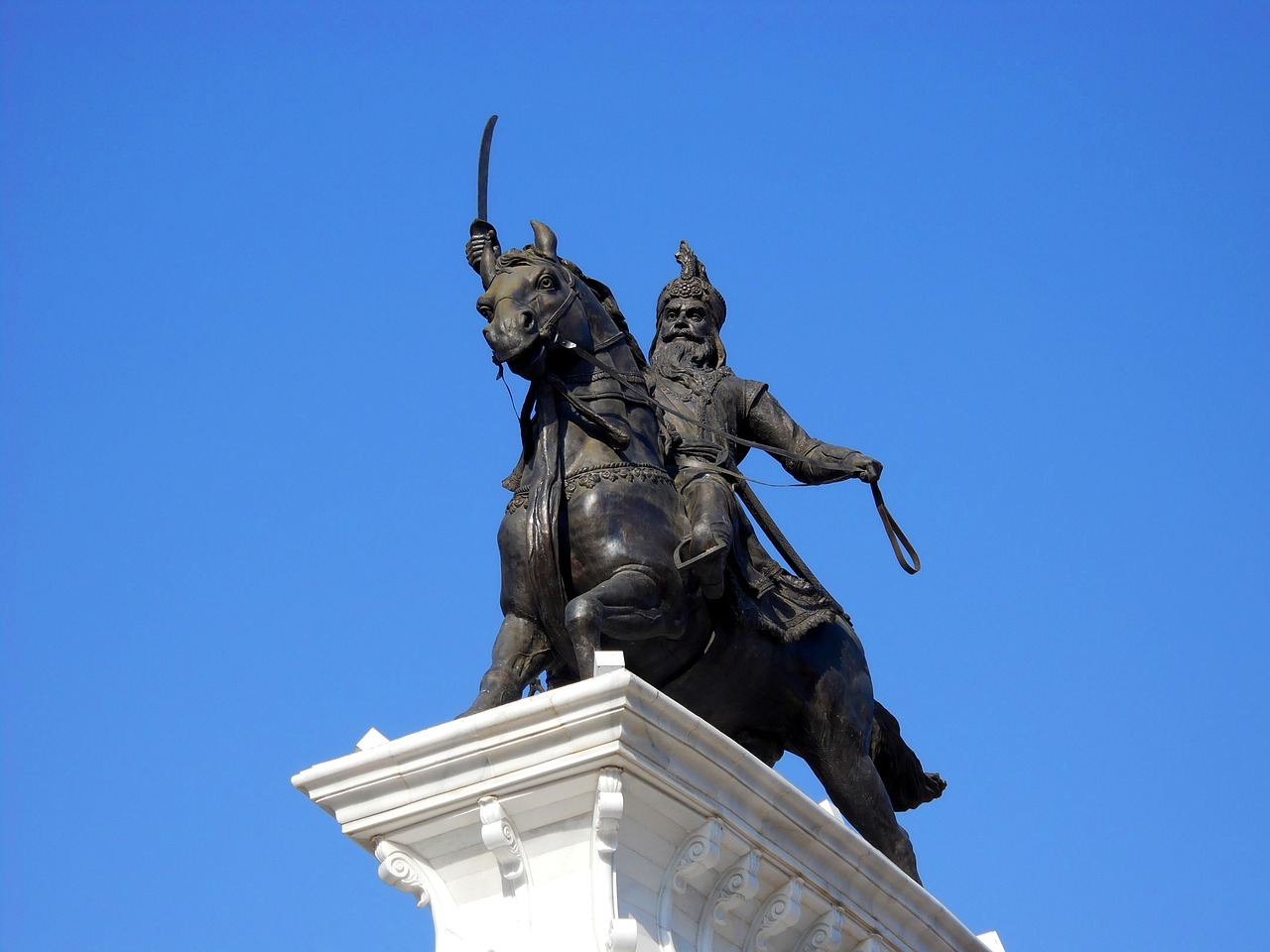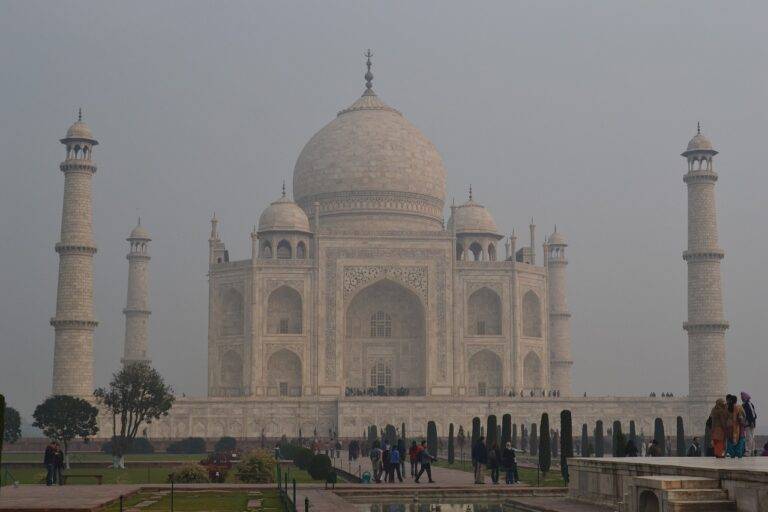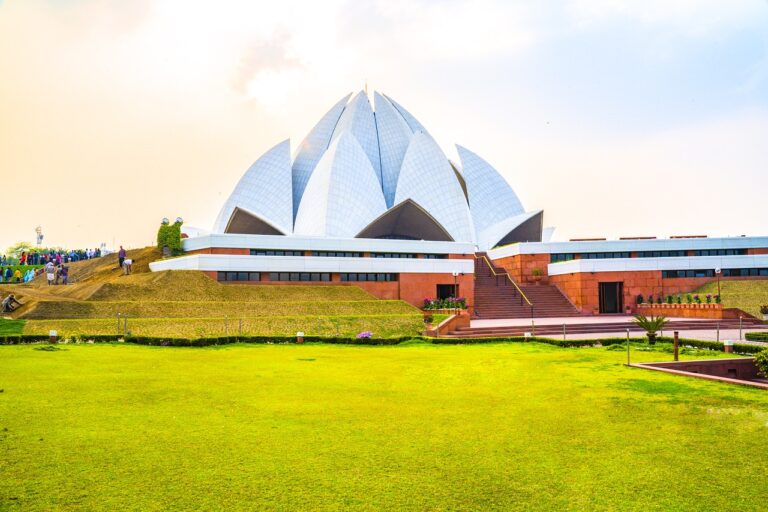The Impact of Political Polarization on Election Outcomes
One of the key factors contributing to political polarization is the role of social media platforms. These online spaces have created echo chambers where people are exposed mainly to information that aligns with their existing beliefs, reinforcing their viewpoints and deepening the divide between opposing political factions. The ability to curate one’s news feed and interact only with like-minded individuals has significantly contributed to the increasing polarization in society.
Another factor influencing political polarization is the lack of trust in traditional institutions like government and the media. As faith in these institutions wanes, individuals turn to alternative sources of information that may be more extreme or biased, further solidifying their polarized views. This erosion of trust in established institutions contributes to a sense of division and animosity among different political groups, making it more challenging to find common ground and work towards bipartisan solutions.
• Social media platforms create echo chambers
• Exposure mainly to information that aligns with existing beliefs
• Reinforces viewpoints and deepens divide between political factions
• Lack of trust in traditional institutions like government and media
• Turn to alternative sources of information that may be extreme or biased
• Erosion of trust contributes to division among political groups
Historical roots of political polarization
Political polarization in society today can be traced back to historical events and circumstances that have deeply influenced the way individuals perceive political issues. Throughout history, factors such as economic disparities, social inequalities, and power struggles have created divisions among different segments of the population. These divisions have often led to conflicting ideologies and beliefs, contributing to the polarization we see today.
One prominent historical root of political polarization is the differing interpretations of fundamental values and principles that have been prevalent in various societies. Conflicting views on issues such as governance, individual rights, and social justice have fueled divisions among people with opposing perspectives. Additionally, historical events like wars, revolutions, and social movements have shaped the collective memory of societies, further solidifying differences in political ideologies.
Effect of media on political polarization
Media plays a significant role in shaping political polarization by amplifying partisan narratives and reinforcing existing beliefs. With the rise of social media platforms and algorithm-driven news sources, individuals are often exposed to information that aligns with their own views, creating echo chambers that insulate them from diverse perspectives. This phenomenon can lead to increased polarization as individuals become more entrenched in their own ideologies without being challenged by opposing viewpoints.
Moreover, the sensationalization and clickbait tactics used by certain media outlets can further contribute to political polarization by prioritizing sensational headlines over nuanced analysis. This can lead to a lack of depth in news coverage and a focus on divisive issues that fuel polarization rather than promoting meaningful discourse. As a result, media consumption habits play a crucial role in shaping individuals’ political beliefs and attitudes, ultimately influencing the level of polarization within society.
What are some factors that influence political polarization?
Some factors that influence political polarization include partisan news sources, social media echo chambers, geographic segregation, and political rhetoric.
What are the historical roots of political polarization?
Political polarization in the United States has historical roots dating back to the founding of the country, with divisions between Federalists and Anti-Federalists. The Civil War era also saw significant political polarization.
How does the media contribute to political polarization?
The media can contribute to political polarization by reinforcing partisan biases, promoting sensationalism, and creating echo chambers where individuals are only exposed to information that aligns with their beliefs.
Can political polarization be reduced?
While reducing political polarization is a complex challenge, efforts to promote media literacy, encourage civil discourse, and seek out diverse perspectives can help bridge the divide between political ideologies.







